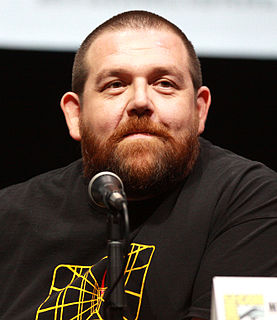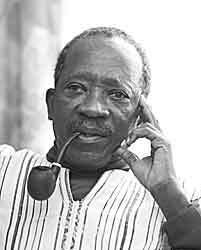A Quote by Richard Attenborough
I think 'E.T.' is a quite extraordinary piece of cinema.
Quote Topics
Related Quotes
I think what I loved in cinema - and what I mean by cinema is not just films, but proper, classical cinema - are the extraordinary moments that can occur on screen. At the same time, I do feel that cinema and theater feed each other. I feel like you can do close-up on stage and you can do something very bold and highly characterized - and, dare I say, theatrical - on camera. I think the cameras and the viewpoints shift depending on the intensity and integrity of your intention and focus on that.
You carry that through and adapt it to a camera lens, but you're quite right, you cannot be sure of what an audience is going to do. You don't know what's going to happen to the piece you're doing anyway. You don't know how it's going to be edited. There are a lot more unknowns in cinema. But that you have to readily accept. That's when, I think, you have to forget about intellect, to a degree. Intuition is very important when you're working with a lens, I believe, for what the lens is doing, too.
I had seen 'Do the Right Thing' when I was at college, and it was incredibly inspiring as a piece of cinema. Just brilliant, I thought. But saw 'Malcolm X' with a crowded audience. It was my first time in an American cinema, hearing an audience respond. You know, in England, everyone is so restrained.
There was, when I came to New York in the 1970s, no more profound or moving experience than MoMA, an almost perfect piece of 20th Century modernist expression, existing in an extraordinary balance - modestly, functionally, elegantly - with the extraordinary art it held. This place changed my life. I was transformed by every visit.
I think cinema is needed throughout Africa, because we are lagging behind in the knowledge of our own history. I think we need to create a culture that is our own. I think that images are very fascinating and very important to that end. But right now, cinema is only in the hands of film-makers because most of our leaders are afraid of cinema.

































